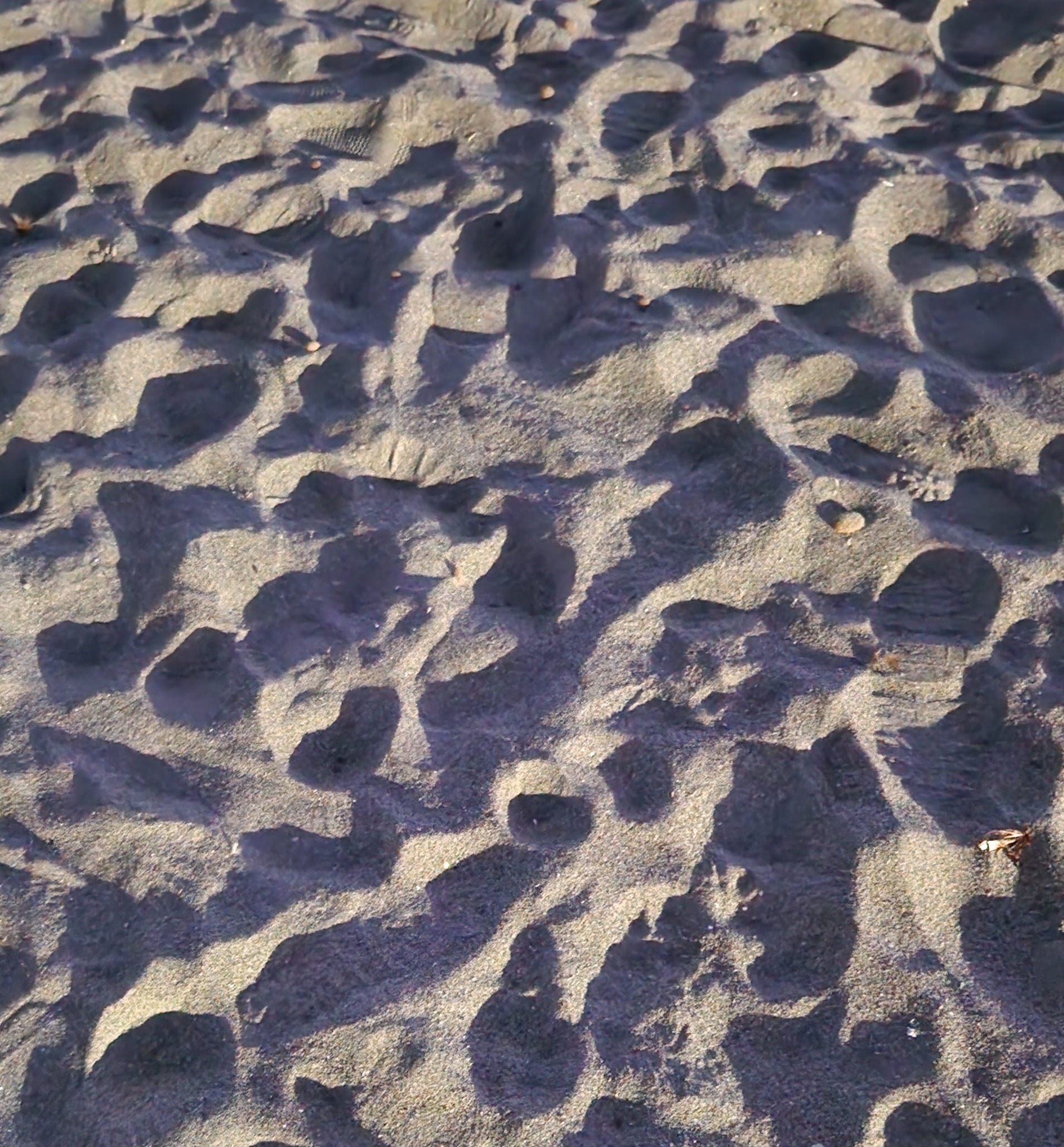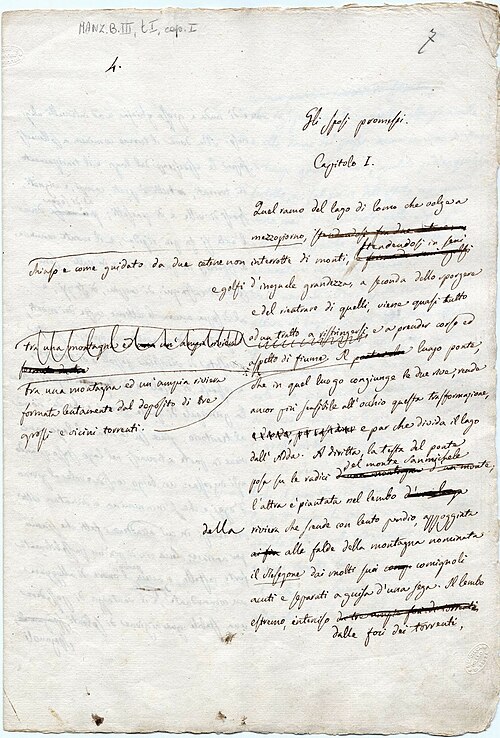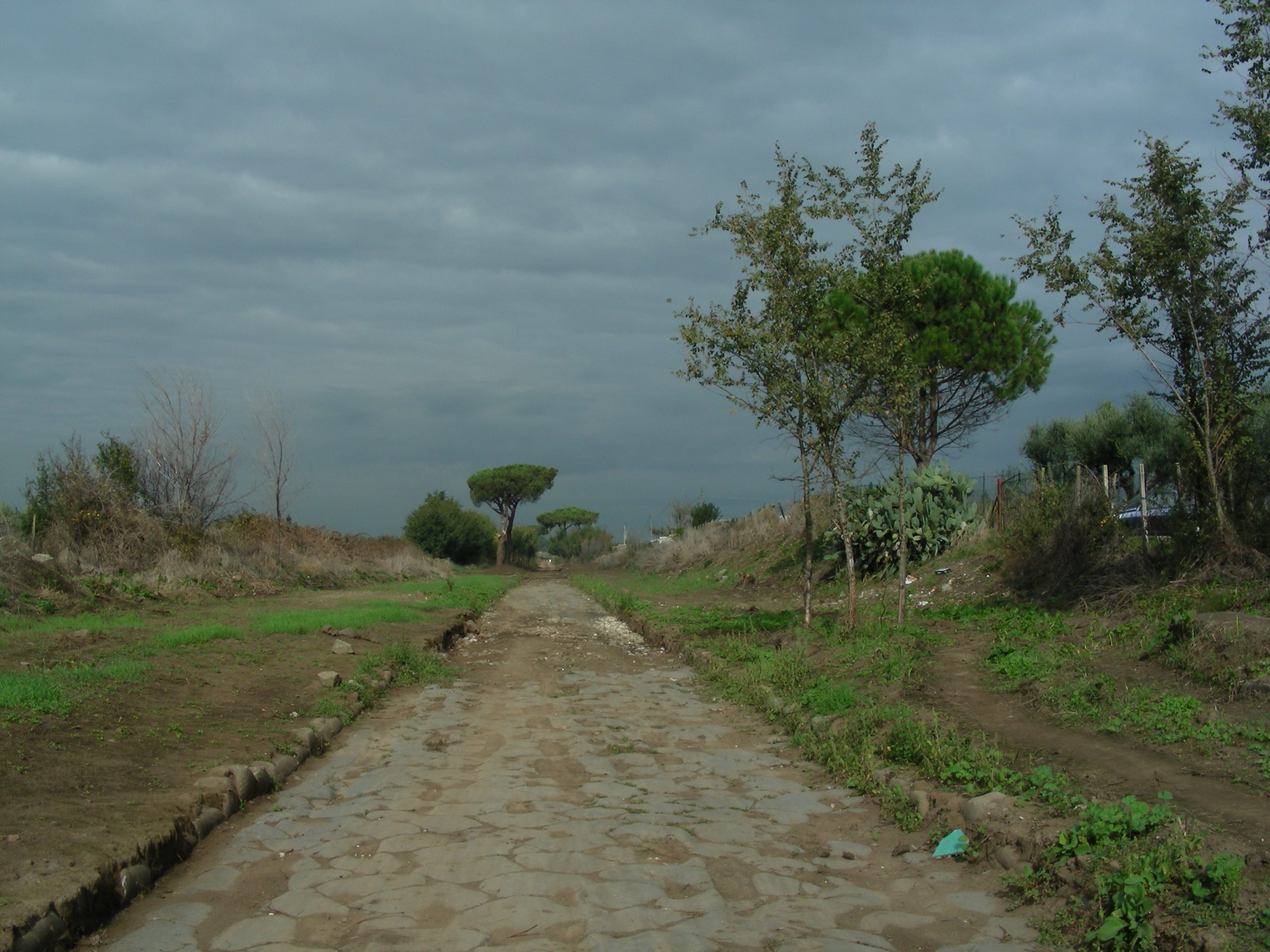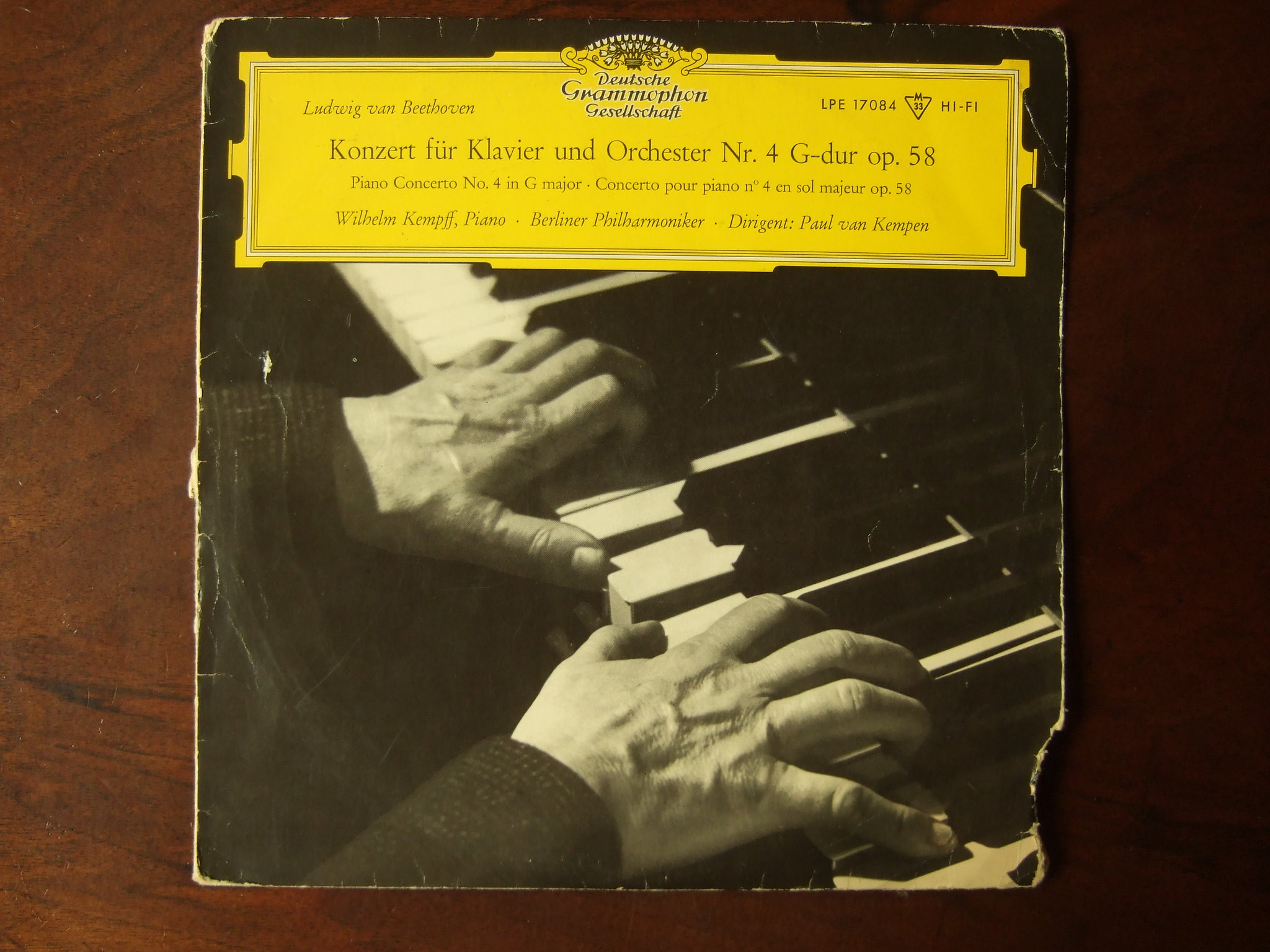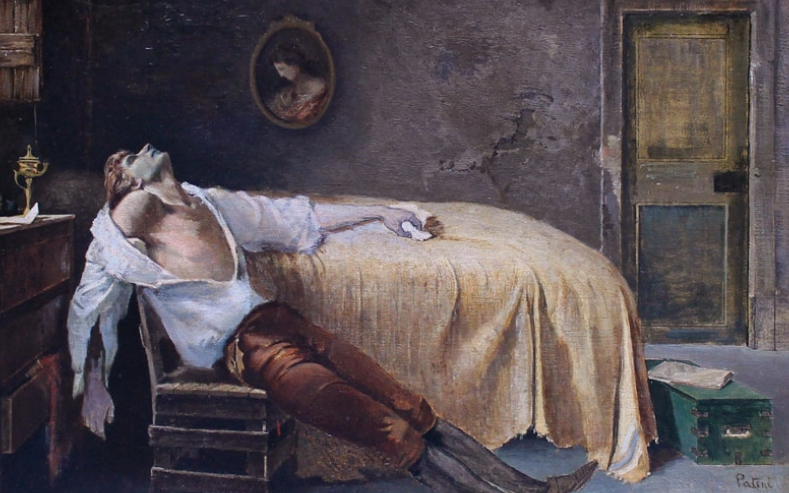
And there it was God – Understanding the a priori proof of existence
Anybody who tried to understand and replicate the a priori proof of the existence of God should have experienced both a sense of wonder and distrust. The wonder comes from recognizing the power of reason, able to formulate a proposition about the world that, if thinkable, should be true for its only being formulable. Namely, the truth-value of that special statement must be true in force only of its being thinkable. This cannot be as a major cause of wonder! Indeed, how many times we formulate propositions in our mind that, then, just turn to be merely possible and, if true, in force of their match to something external to them, usually some conditions in nature or any other realm to which the proposition applies (e.g., numbers). Humans as we are, we spend time thinking about possibilities, different situations, counterfactuals, and how the world can be nicer to us or how our soulmate looks. And we forget that among those speculations, there are some special that actually turn out to be true only for their own nature of being formulable.



